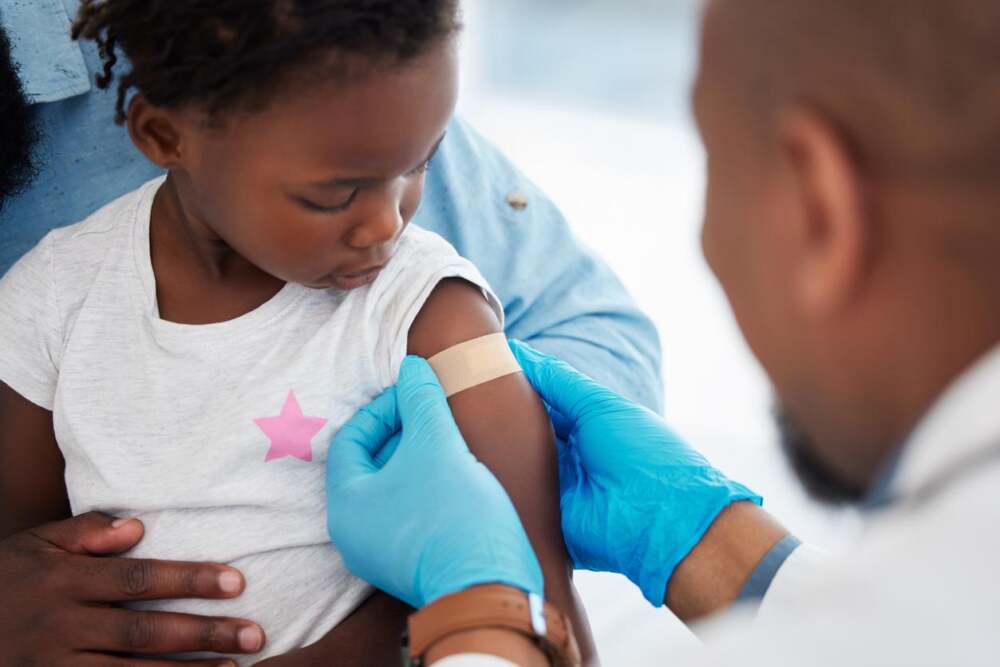Recent meetings of the Advisory Committee on Immunization Practices (ACIP), the federal panel that advises the U.S. Centers for Disease Control and Prevention (CDC), have stirred widespread concern. Under new leadership appointed by Health Secretary Robert F. Kennedy Jr., the committee has shifted direction—eliciting criticism from public health experts, medical associations, and former CDC officials who worry about what this means for vaccine policy, trust, and public health.
What Changed
- ACIP was reconstituted over the summer: the prior 17 members were replaced. Secretary Kennedy cited concerns over conflicts of interest and an alleged over-reliance on standard vaccination mandates. The new members include individuals known to question certain vaccine practices.
- In the latest meetings, the committee voted to scale back universal recommendations for COVID-19 vaccination—moving instead toward encouraging individuals to consult with their doctors. The updated guidance emphasizes individual decision-making rather than blanket guidance across age groups.
Key Decisions & Controversies
- The panel reversed its recommendation for the combined MMRV vaccine (measles, mumps, rubella, varicella) for children under age 4, instead recommending that the vaccines be given separately.
- A proposal to delay the first dose of the hepatitis B vaccine for newborns was considered, though ultimately postponed.
- Experts raised alarms when committee members cited anecdotal or less robust studies, and questioned vaccine safety or effectiveness based on data that health authorities and long-standing science generally regard as settled.
- Some members reportedly appeared unfamiliar with technical procedures in vaccine evaluation, and there were reports of procedural confusion during votes.
Criticism & Response
- Medical associations, infectious disease experts, pediatricians, and others have criticized the new ACIP for what they describe as a weakening of science-based decision making. Concerns include potential erosion of vaccine confidence, increased risk of preventable disease outbreaks, and growing public confusion.
- Former senior CDC officials have voiced worry that political influence is overtaking objective scientific review. Some say that members of the new panel have promoted views previously considered fringe or controversial within mainstream public health.
- Proponents of the changes defend the revised approach, saying it aims to treat vaccination decisions as individual health choices rather than mandates, and offering more emphasis on transparent discussions of risk, informed consent, and patient autonomy.
Potential Impacts
- Trust in Public Health: The clarity and consistency of vaccine guidance are essential to maintaining public trust. Changes might leave people unsure who to believe.
- Vaccine Uptake: If universal recommendations are replaced with more cautious or individualized guidance, uptake could decline—especially among populations that depend on strong public health messaging (parents, children, older adults).
- Insurance & Coverage: ACIP’s recommendations often drive which vaccines are covered by public and private insurance without patient cost sharing. Shifts in endorsements could affect access and costs for some people.
- Disease Prevention: Long-standing childhood vaccination programs and disease control efforts could be weakened if changes reduce scheduling or timing of shots that are important early in life, such as hepatitis B or varicella.
Where Things Might Go From Here
- Ongoing meetings of ACIP will be closely watched—especially votes on whether to further revise or delay vaccine schedules.
- Experts outside of ACIP will likely publish responses, critique decisions, and possibly push for legal or legislative oversight of vaccine policy so that scientific integrity is safeguarded.
- Public health agencies will need to work harder to communicate changes clearly, so that families and providers understand both what is changing and why.
- Monitoring for real-world outcomes—any increase in vaccine hesitancy, decreases in vaccination coverage, or outbreaks of vaccine-preventable diseases—will become key metrics of whether the new policy shift causes harm.
Bottom Line
The recent ACIP meetings have triggered a debate not just over vaccine guidance, but over how national public health policy ought to be made. Critics worry that alterations under the new administration risk undermining decades of progress in preventing disease by injecting uncertainty, downplaying established science, and shifting responsibility from public institutions to individuals. The stakes are high: vaccine policy isn’t just expert guidance—it’s foundational to the collective health of communities.















Leave a Reply